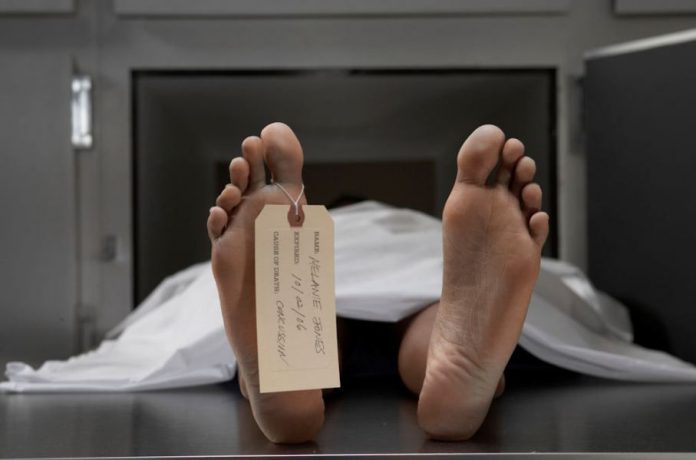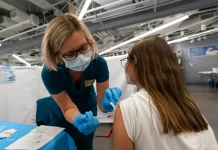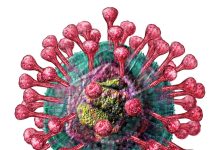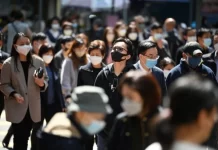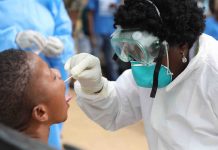Covid-19 has created a generation with awareness of mortality — younger, healthy people who previously did not give serious thought to our own sense of mortality.
The pandemic made clear that a full and long life is not a guaranteed thing.
“We are in a moment that, as tragic and horrific as it is, is one of a few moments in American history where we are confronted with mass amounts of death and forced to reflect on our own mortality,” said Gary Landerman, a professor of American religious history and cultures at Emory University, who teaches a popular class on death and dying.
Landerman, who recently published “Don’t Think About Death: A Memoir on Mortality,” has seen a tangible uptick in interest in his class since the pandemic hit, with more than 300 students enrolled.
Covid-19 has also created a “younger generation with awareness of mortality,” Landerman said.
In some ways we just run further and further, faster and faster from it,” said Jane Whitlock, a Minneapolis-based end-of-life doula who works with people who are dying and their families.
Still, she has been dismayed by the lack of evolution in the discussion about mortality or end-of-life planning in all age groups and the attitude she’s observed from people who think they can “hold my breath and make it to the end of this and then my life will be normal again,” she said.
In order to shift our understanding of death and dying, we might start by talking to our loved ones about their wishes for end-of-life plans, said paloumpis.
Regardless of what the future brings or how long we have the privilege of breathing air on this Earth, if this newfound existential dread has taught me anything, it’s that having a strong sense of mortality and accepting that I one day will die, maybe even sooner than later, will help me live better, today.



